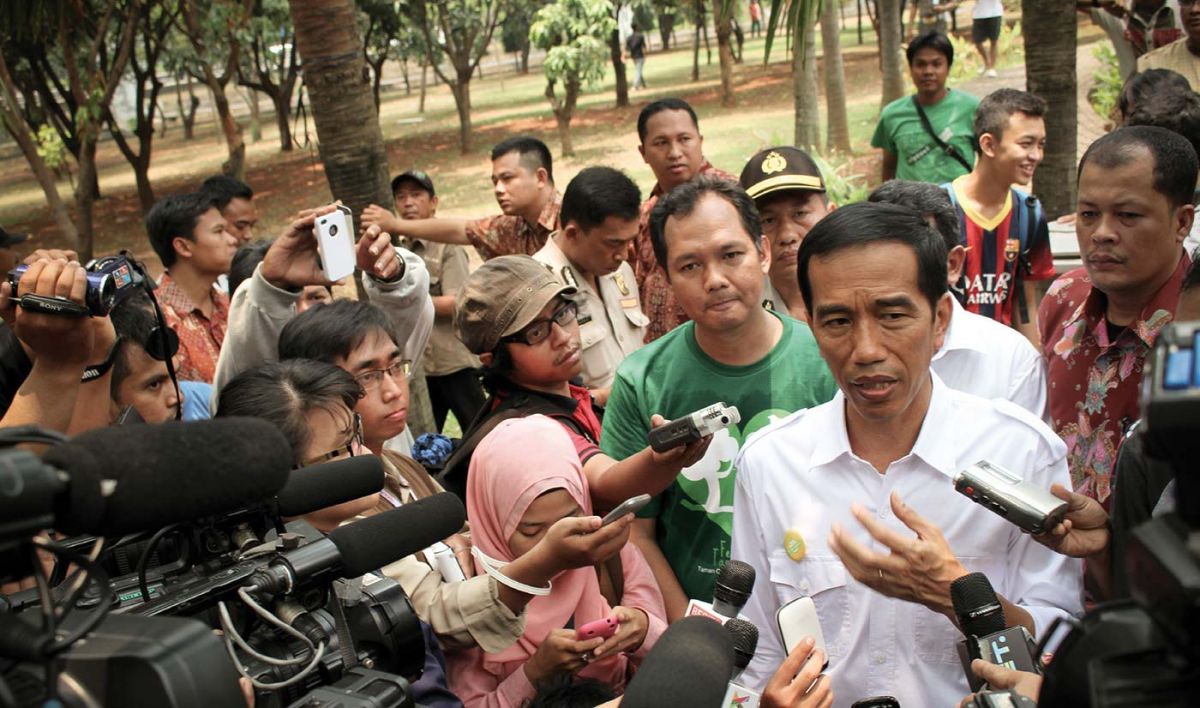News from Southeast Asia
This issue offers three articles from the Indonesia Studies Programme (ISP) at ISEAS-Yusof Ishak Institute (ISEAS). ISP promotes in-depth understanding of Indonesia through conferences, workshops, seminars, publications and timely commentary in regional and international media. ISP seeks to understand the effects of political and economic reform in Indonesia following the end of the New Order era, especially with respect to the implementation of decentralisation policies throughout the archipelagic nation.
Indonesia will be holding its legislative and presidential elections simultaneously in April 2019. Since the 2014 presidential elections, and the victory of President Joko Widodo, Indonesia’s electoral landscape has been marked by an unusual level of ideological division, and an upswing in populist politics and Islamist activism. Why have such divisions emerged, and will they affect the upcoming presidential and legislative elections? And what impact will the simultaneous implementation of these two different elections have upon campaigns and voter preferences? ISP has a team of researchers monitoring these developments, and providing timely analysis on campaign dynamics, patterns of coalition-building, and the broader consequences of these elections for the health and stability of Indonesia’s democracy.
The Co-coordinators of ISP are Dr Siwage Dharma Negara and Dr Norshahril Saat. For more information please visit: https://www.iseas.edu.sg/programmes/country-studies/indonesia-studies
Transactionalism and shallowness in Indonesia’s election campaign
Max Lane
Read more
Manufacturing religious cleavages for the 2019 presidential election?
Ahmad Najib Burhani
Read more
Indonesia’s economic challenges
Siwage Dharma Negara
Read more
